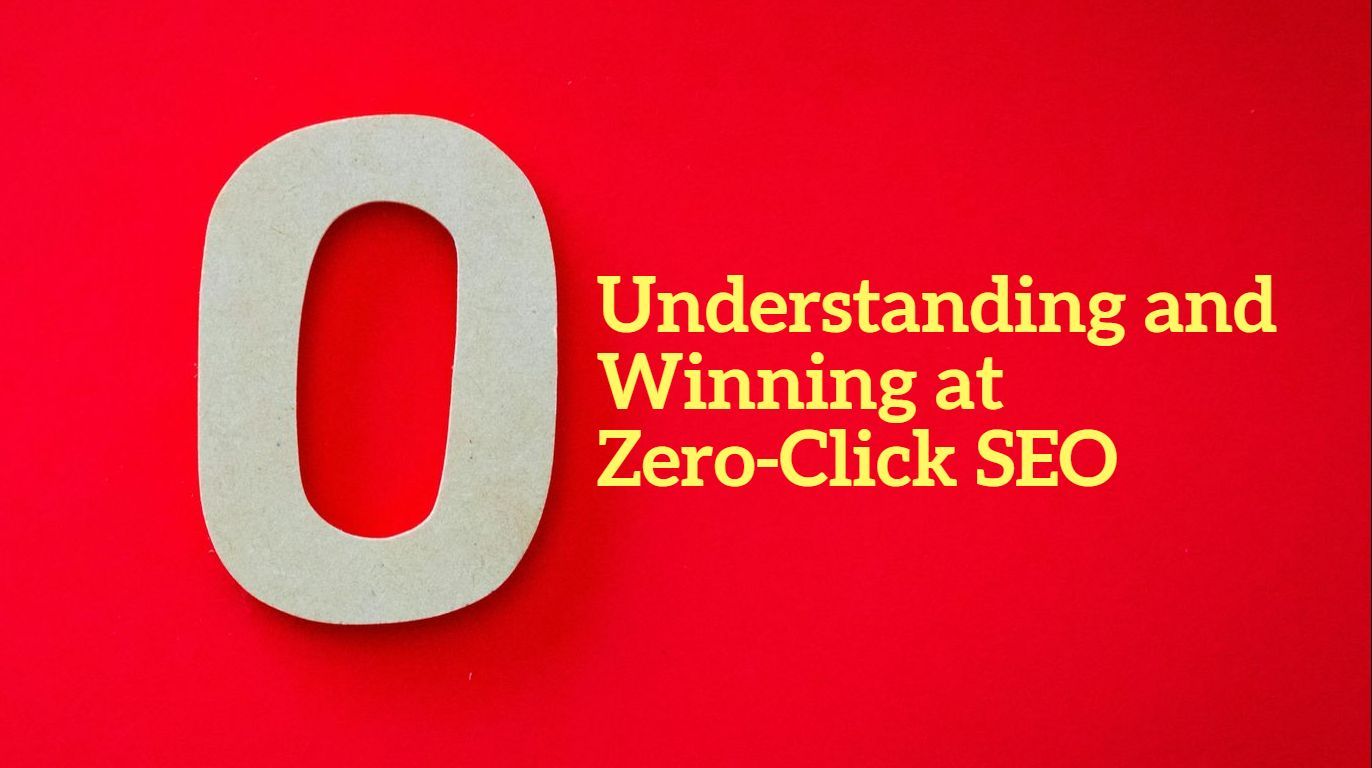The impact of slow website loading can be significant, both for the user experience and the website's success.

Here are a few of the adverse effects of slow website loading:
- Increased bounce rates: A slow-loading website can cause visitors to leave before it loads fully, resulting in higher bounce rates.
- Decreased user engagement: Slow-loading websites can frustrate users, causing them to engage less with the site and spend less time on it.
- Negative impact on SEO: Search engines like Google consider website speed a ranking factor. A slow website can negatively affect your search engine rankings, resulting in lower visibility and less traffic.
- Decreased conversion rates: A slow website can reduce the likelihood of visitors taking the desired action, such as purchasing or filling out a form. This can lead to lower conversion rates and revenue.
- Negative brand perception: A slow website can give the impression that the business needs to be more professional and trustworthy, leading to negative brand perception.
The impact of slow website loading can be significant, affecting user experience, search engine rankings, conversion rates, and brand perception. Therefore, website owners need to ensure their website loads quickly to provide the best user experience and maximize the success of their website.
The speed of a website matters a lot, and it is one of the most critical factors that can affect the success of a website.
There are several reasons why website speed matters:
- User experience: A slow website can frustrate users and cause them to leave. A fast website, on the other hand, can provide a better user experience and keep visitors engaged.
- SEO: Search engines like Google consider website speed as a ranking factor. A slow website can negatively affect your search engine rankings, while a fast website can improve your rankings.
- Conversion rate: A fast website can improve your conversion rate by keeping visitors on your site and encouraging them to take action, such as making a purchase or filling out a form.
- Mobile performance: With more people accessing websites from mobile devices, website speed has become even more critical. A slow website can be particularly frustrating on a mobile device, leading to higher bounce rates.
Website speed is essential for providing a good user experience, improving search engine rankings, increasing conversions, and ensuring your website performs well on mobile devices.
Several studies have shown the impact of website speed on conversion rates.
Here are a few statistics:
- According to a survey by Google, if a page takes more than
3 seconds to load, 53% of mobile users will
abandon the site.
- A study by Akamai found that a
100-millisecond delay in website load time can lead to a
7% reduction in conversions.
- Walmart found that for every
1-second improvement in website load time, they experienced a
2% increase in conversions.
- Amazon found that for every
100-millisecond improvement in website load time, they shared a
1% increase in revenue.
These statistics show that website speed can significantly impact conversion rates, and even minor improvements in website speed can lead to increased conversions and revenue. Therefore, website owners must optimize their website speed to improve their business success.
What are some of the slowest cms software?
Many CMS (Content Management System) software are available, and their speed can vary based on several factors, such as the hosting environment, the number of plugins, and the website's size.
However, some CMS platforms are known to be slower than others.
Here are a few examples:
- Joomla:
Joomla is a popular open-source CMS, but it is known to be slower than some of its competitors. This is partly due to its complex codebase and the large number of features it offers.
- Drupal: Drupal is another popular open-source CMS known for its flexibility and scalability. However, it can be slower than other CMS platforms due to its complex architecture and the high number of database queries it generates.
- Magento: Magento is a powerful e-commerce platform that offers many features and customization options. However, it is known to be slower than some of its competitors due to its complex architecture and the large number of database queries it generates.
- WordPress with too many plugins: While WordPress is known for its ease of use, out of the box it's slow loading. Adding too many unstable 3rd party plugins can slow down the website. It's essential to update the necessary plugins constantly to ensure optimal performance.
Contact me today to discuss building a site with blisteringly fast loading at launch, if not instant page loading performance on any device like this website.





